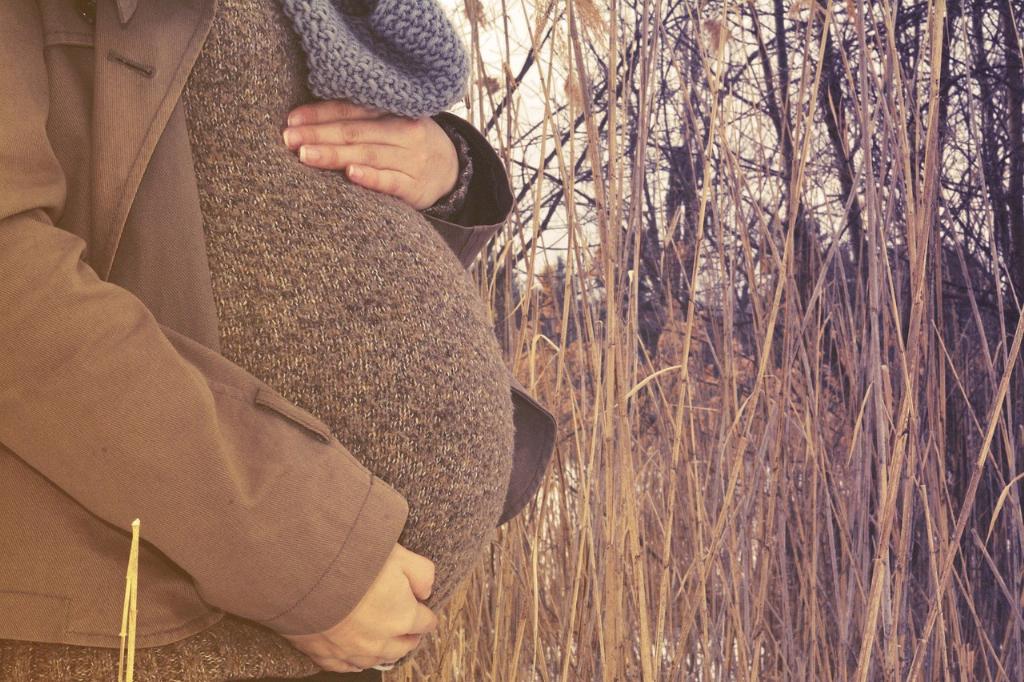When it comes to pregnancy, emotions can often run high. From the moment you find out you’re expecting, to the day you finally hold your little one in your arms, the journey is filled with ups and downs. One common question that many expectant mothers have is: What week are you most emotional during pregnancy?
During the first trimester, specifically between 6 to 10 weeks, hormonal changes are at their peak. The surge in hormone levels can have a significant impact on your neurotransmitters, which are responsible for regulating mood. This sudden shift can lead to mood swings, tearfulness, and increased sensitivity to stressors.
As your body adjusts to the growing life inside you, it’s normal to experience a rollercoaster of emotions. While some women may find themselves feeling more emotional during the first trimester, others may not experience heightened emotions until later in their pregnancy.
By the time you reach the second trimester, around 13 to 27 weeks, many women report feeling more stable emotionally. The initial shock of pregnancy may have worn off, and you may start to feel more confident and connected to your growing baby. However, this is not the case for every expectant mother.
As you enter the third trimester, typically between 28 to 40 weeks, emotions can once again run high. Your body is preparing for birth, and the physical discomfort coupled with anticipation and anxiety about labor and delivery can lead to increased emotional sensitivity. It’s during this time that you may find yourself feeling more emotional than usual.
While there is no specific week that applies to every pregnant woman when it comes to heightened emotions, it’s essential to remember that it’s entirely normal to feel a wide range of emotions throughout your pregnancy. Every woman’s experience is unique, and what matters most is how you care for yourself and seek support when needed.
It’s essential to prioritize self-care during your pregnancy, whether that involves getting enough rest, engaging in relaxing activities, or seeking emotional support from your partner, friends, or healthcare provider. Remember that it’s okay to feel overwhelmed at times, and asking for help is a sign of strength, not weakness.
Ultimately, the emotional journey of pregnancy is a significant part of the overall experience of becoming a mother. By acknowledging and accepting your feelings, you can better navigate the highs and lows of pregnancy with grace and resilience. Remember that you’re not alone on this journey, and it’s okay to seek help and support when needed.

